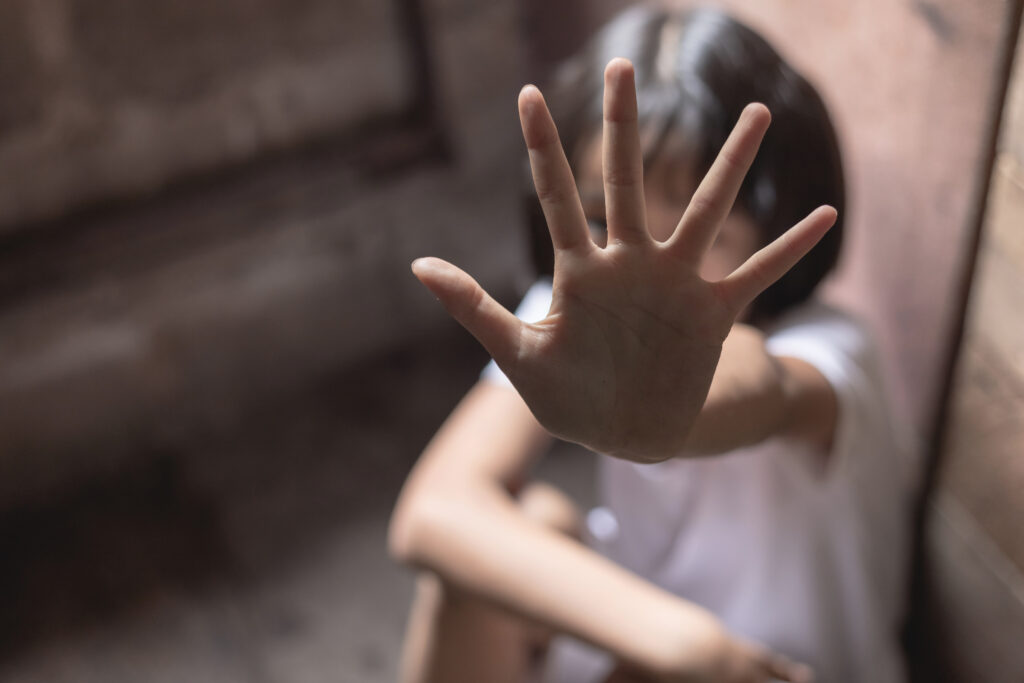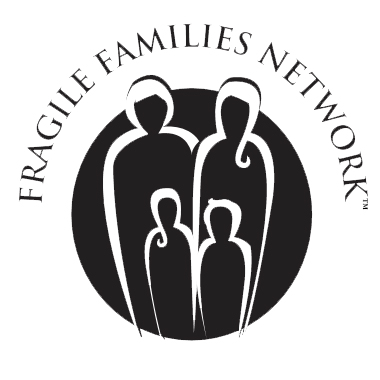Healing from Physical Abuse: Nurturing Resilience in Children

Physical abuse leaves deep scars, not just on the body but also on the heart and mind of a child. The bruises may fade, but the emotional wounds can linger. As caregivers, it’s essential to understand the long-term effects of physical abuse and learn how to help children heal and thrive despite their traumatic experiences.
The Impact of Physical Abuse
The repercussions of physical abuse extend far beyond the visible injuries. Children who experience physical abuse often suffer from emotional trauma, anxiety, and low self-esteem. They may struggle with trust issues, have difficulty forming healthy relationships, and exhibit behavioral problems. The trauma can also affect their academic performance and overall well-being.
Building a Supportive and Safe Environment
One of the first steps in helping a child heal from physical abuse is creating a supportive and safe environment. This includes ensuring the child’s physical safety by removing them from harmful situations and providing a secure home environment free from violence. Establishing routines, boundaries, and consistent discipline can also contribute to a sense of stability and security for the child.
Encouraging Open Communication
Open and honest communication is crucial in supporting a child’s healing journey. Caregivers should create a safe space for the child to express their thoughts, feelings, and fears without fear of judgment or reprisal. Active listening, empathy, and validation of the child’s experiences are essential components of effective communication.
Nurturing Resilience
Despite the challenges posed by physical abuse, children have remarkable resilience. Caregivers play a vital role in nurturing this resilience by providing love, encouragement, and positive reinforcement. Building a strong support network that includes mental health professionals, support groups, and trusted adults can also aid in the healing process.
Helping a child heal from physical abuse requires patience, empathy, and a deep understanding of the complex effects of trauma. By creating a supportive environment, encouraging open communication, and nurturing resilience, caregivers can empower children to overcome their past experiences and build a brighter future. Together, we can break the cycle of abuse and promote healing and healing in grandfamilies.
©2024 Fragile Families NETWORK







